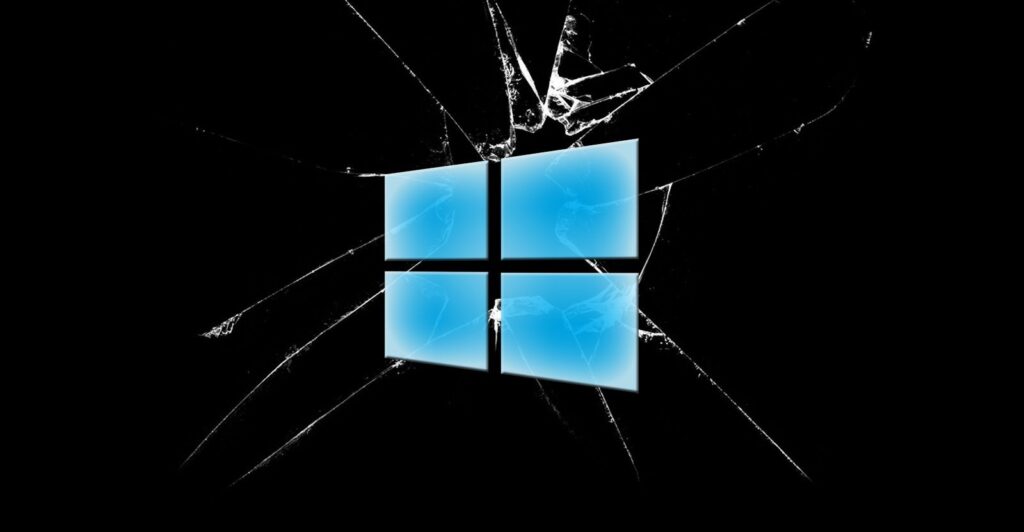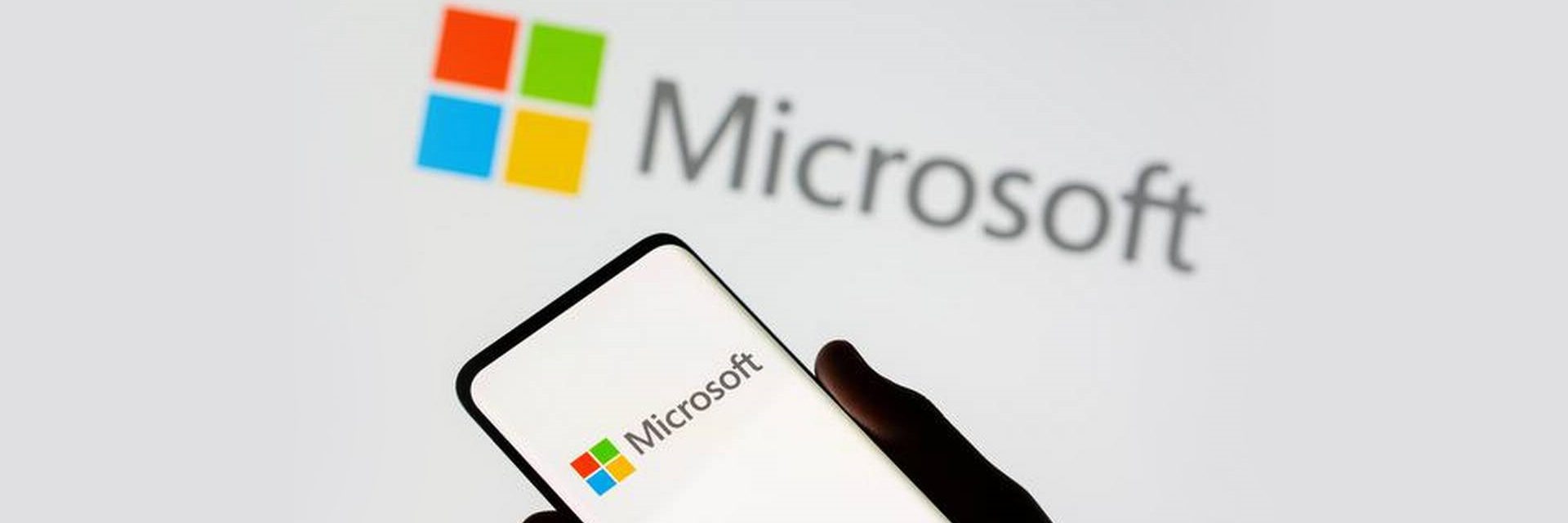Windows 10 Essential Upgrade Information to Avoid Security Risks. Here is what to know.
Cybersecurity experts are sounding the alarm for Windows 10 users. They strongly recommend upgrading to Windows 11 or switching to an alternative operating system to avoid a potential “security fiasco”. The urgency stems from Microsoft’s plan to end support for Windows 10 on October 14, 2025. After this date, Windows 10 will no longer receive free security updates, leaving millions of devices vulnerable to cyberattacks.

Importance of Upgrading
ESET, a leading cybersecurity firm, has emphasized the importance of taking action now. Thorsten Urbanski, a security expert at ESET, warns that waiting until October 2025 could expose users to significant security risks. He advises users to upgrade immediately to Windows 11 or choose another operating system if their devices cannot support the latest version. The risks include dangerous cyberattacks, data breaches, and potential malware distribution.
Global Impact
The situation is particularly concerning in Germany, where approximately 32 million computers still run Windows 10. This accounts for around 65 percent of all devices in households. In contrast, only 33 percent of devices have transitioned to Windows 11. Globally, the numbers are similar, with around 63 percent of Windows users still on Windows 10 as of December 2024.
Extended Security Updates
Microsoft has introduced a paid extended security updates (ESU) plan for businesses and consumers who cannot upgrade their devices. However, the costs are steep and increase annually. For businesses, the first year costs $61, rising to $122 in the second year, and even higher in subsequent years. Despite this option, many users are hesitant to upgrade due to missing features in Windows 11, performance issues, and hardware requirements like the Trusted Platform Module (TPM).
Comparing with Windows 7
The transition to Windows 11 has been slower compared to the shift from Windows 7, which ended support in early 2020. By late 2019, only around 20 percent of users were still on Windows 7, while over 70 percent had already moved to Windows 10. Today, the situation is more dangerous as cybercriminals are aware of the high number of Windows 10 users and are waiting for the support to end.
Conclusion
Upgrading to Windows 11 or an alternative operating system is crucial to avoid the impending security risks. Users and businesses must act quickly to protect their devices and data from potential cyber threats. The cost of inaction could be far greater than the cost of upgrading, both in terms of security and financial impact.
You think you have a story worth everyone’s time? SUBMIT A STORY and we will publish it
Share this content:




Post Comment